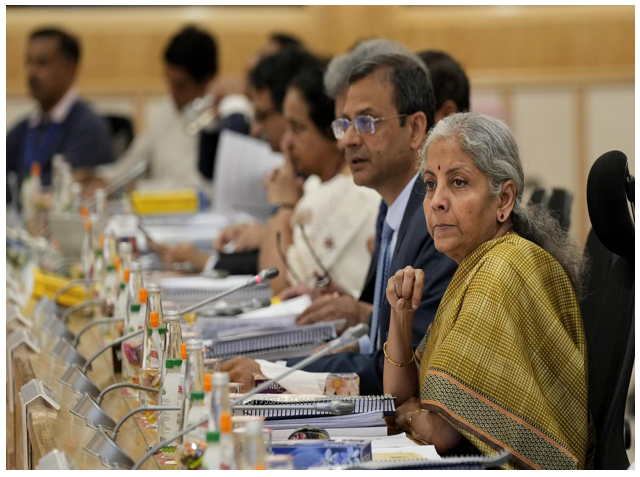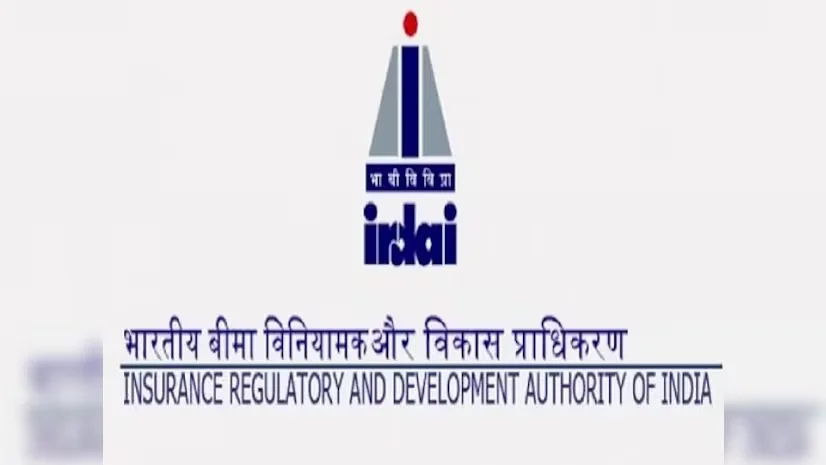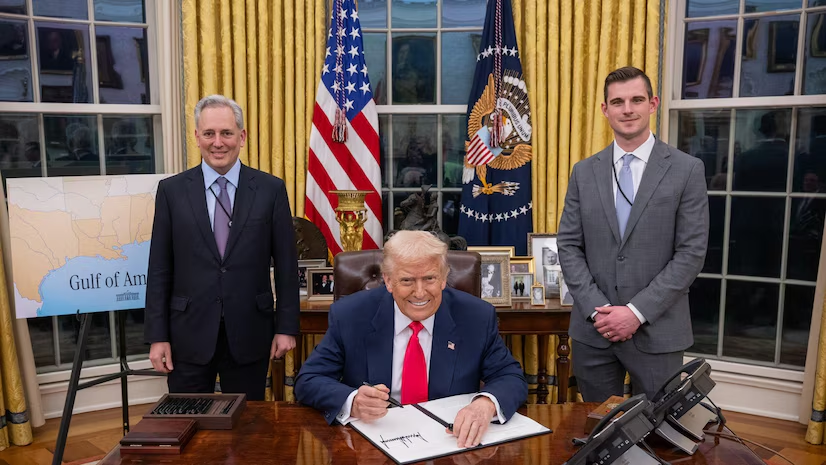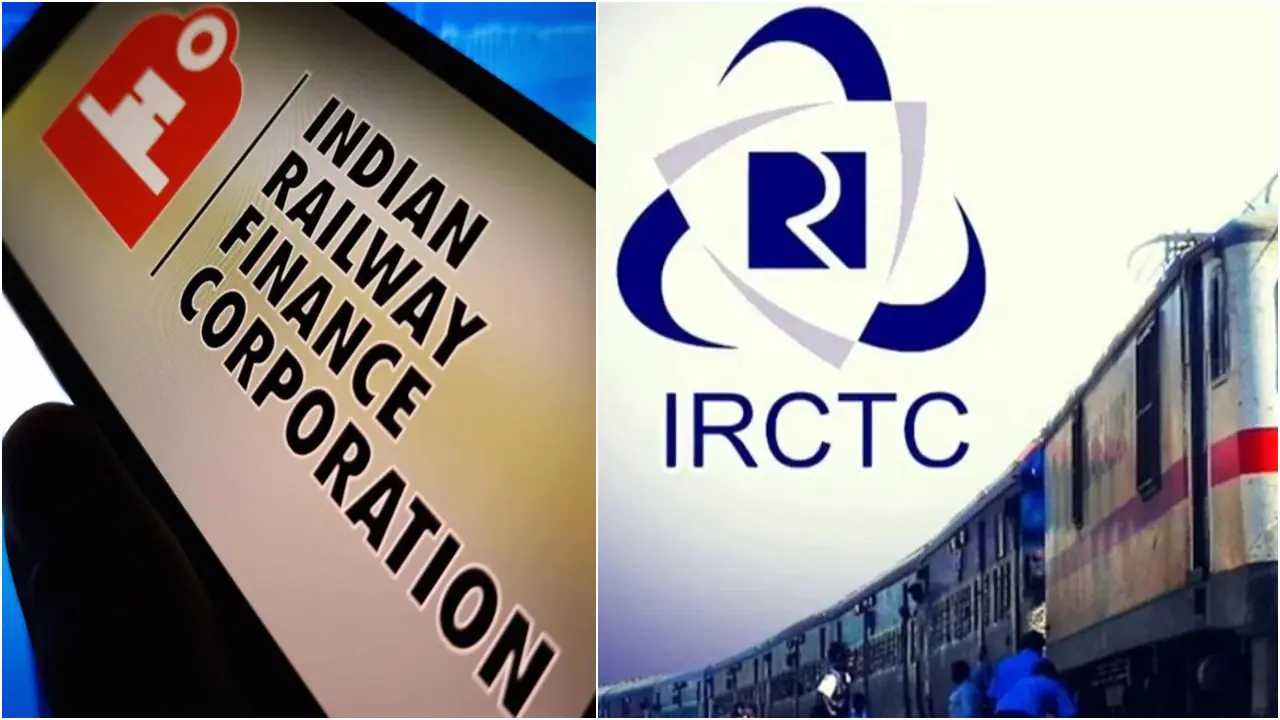- Courses
- GS Full Course 1 Year
- GS Full Course 2 Year
- GS Full Course 3 Year
- GS Full Course Till Selection
- CSAT
- 5 LAYERED ARJUNA Mentorship
- Public Administration Optional
- Online Program
- GS Recorded Course
- NCERT Batch
- Polity Module Course
- Geography Module Course
- Economy Module Course
- AMAC Module Course
- Modern India, Post Independence & World History Module Course
- Environment Module Course
- Governance Module Course
- Science & Tech. Module Course
- International Relations and Internal Security Module Course
- Disaster Management Module Course
- Ethics Module Course
- Essay Module Course
- Current Affairs Module Course
- ABOUT US
- OUR TOPPERS
- TEST SERIES
- FREE STUDY MATERIAL
- VIDEOS
- CONTACT US
50th Meeting of the GST Council
50th Meeting of the GST Council

Latest Context:
Recently, the 50th meeting of the GST Council was held in New Delhi.
Highlights of the meeting are:
- GST rate on foods served in cinema halls, uncooked/unfried snack pellets, fish soluble paste rates was reduced from 18% to 5%.
- Cancer drugs and medicines to rare diseases, satellite launch services by Private companies to ISRO are exempted from GST.
- GST at the rate of 28% will be levied on online gaming, casinos and races.
- It has been decided that GST Appellate Tribunal will be established from 1st August. This tribunal will deal with tax disputes and this will lead to the reduction of burden on the higher judiciary. The tribunal will have a Principal Bench in New Delhi, with the President, a judicial member, a technical member (centre) and a technical member (state). It will also have state benches too.
- Many amendments were made in various provisions of the act to strengthen the registration process and to deal with fake and fraudulent registrations in GST.
About the GST Council
- The Goods and Services Tax (GST) Council is a constitutional body responsible for making key decisions and recommendations related to the GST.
- It was created as per the provisions of the Constitution (101st Amendment) Act, 2016, which introduced the GST in India.
- The GST Council is chaired by the Union Finance Minister of India and includes the finance ministers or representatives from the state governments.
- The council's primary objective is to ensure cooperative federalism in the implementation of the GST, promoting a harmonized and unified indirect tax system across the country.
Structure of GST Council
- Chairperson: The Union Finance Minister of India serves as the Chairperson of the GST Council. He presides over the meetings and discussions of the council.
- Council Members: The GST Council consists of the following member’s:
a) Union Government Representatives: The Union Government is represented by the Union Finance Minister and the Minister of State (MoS) for Finance or Revenue.
b) State Government Representatives: Each state in India is represented by its respective Finance Minister or Minister of Taxation. In Union Territories with legislatures, the representative is usually the Finance Minister or Minister of Taxation appointed by the Lieutenant Governor.
- Voting Mechanism: The GST Council follows a voting mechanism to make decisions. The voting shares are allocated as follows:
a) Union Government: The Union Government holds one-third of the total votes cast. This means that any decision requires the support of at least one-third of the total votes cast by the Union Government representatives.
b) State Governments: The remaining two-thirds of the votes are collectively held by the state governments. State government representatives cast their votes based on the consensus among their respective states.
- Quorum: For the GST Council meetings to be valid and decisions to be made, there must be a minimum of half the total number of members present. This minimum number is known as the quorum.
- Decision-Making Process: The GST Council makes decisions by discussing and deliberating on various issues related to the GST. The decisions are taken through a consensus-based approach. If a consensus cannot be reached, voting is conducted and decisions are made by a three-fourth majority.
- Frequency of Meetings: The GST Council meets periodically to discuss and decide on various aspects of the GST. The meetings are held as per the need and requirement, typically several times a year.
Key features and functions of the GST Council are:
- Decision-Making: The council is responsible for making important decisions regarding the GST, such as tax rates, exemption thresholds, rules, and regulations. It acts as a platform for discussion, negotiation, and consensus-building among the central and state governments.
- Recommendations: The council recommends measures for the implementation of the GST, including changes to the GST law, tax rates, and procedures. These recommendations are subject to approval by the respective legislatures of the central and state governments.
- Dispute Resolution: The council plays a crucial role in resolving disputes that may arise between the central and state governments or among the states themselves regarding any aspect of the GST implementation.
- Amendments and Modifications: The council can propose amendments or modifications to the GST law based on the evolving needs and challenges of the tax regime. These proposals are considered by the Union and state governments for further action.
- Coordination and Harmonization: The council promotes coordination and harmonization among the center and state governments, ensuring the smooth implementation and functioning of the GST system. It aims to achieve uniformity in tax rates and procedures across the country.
Must Check: IAS Coaching Centre In Delhi



